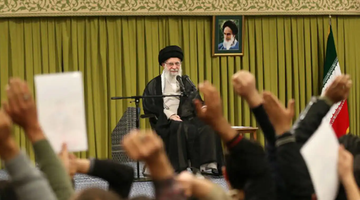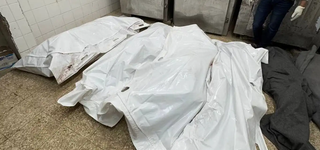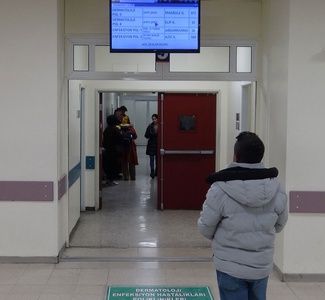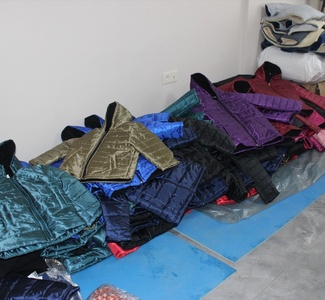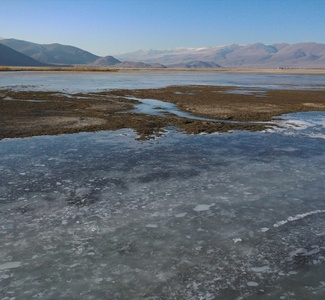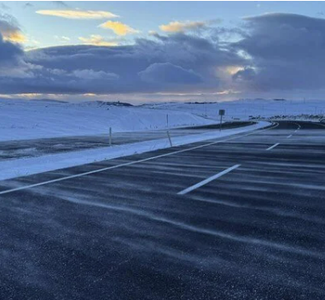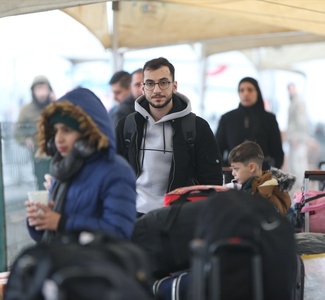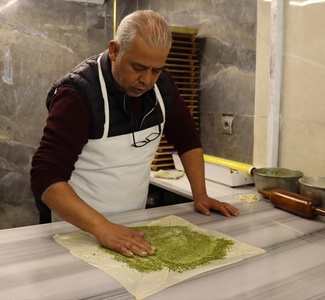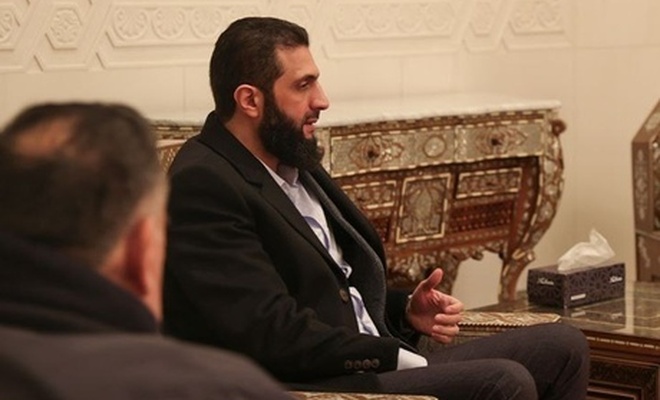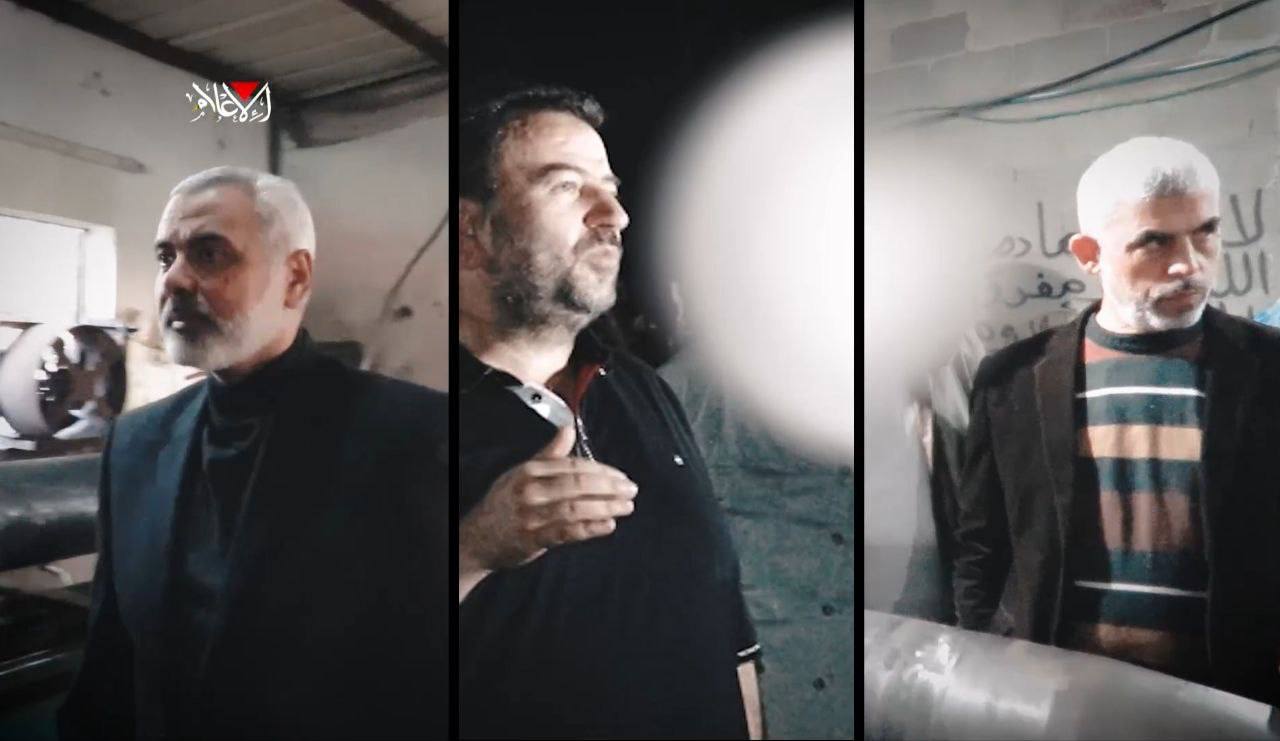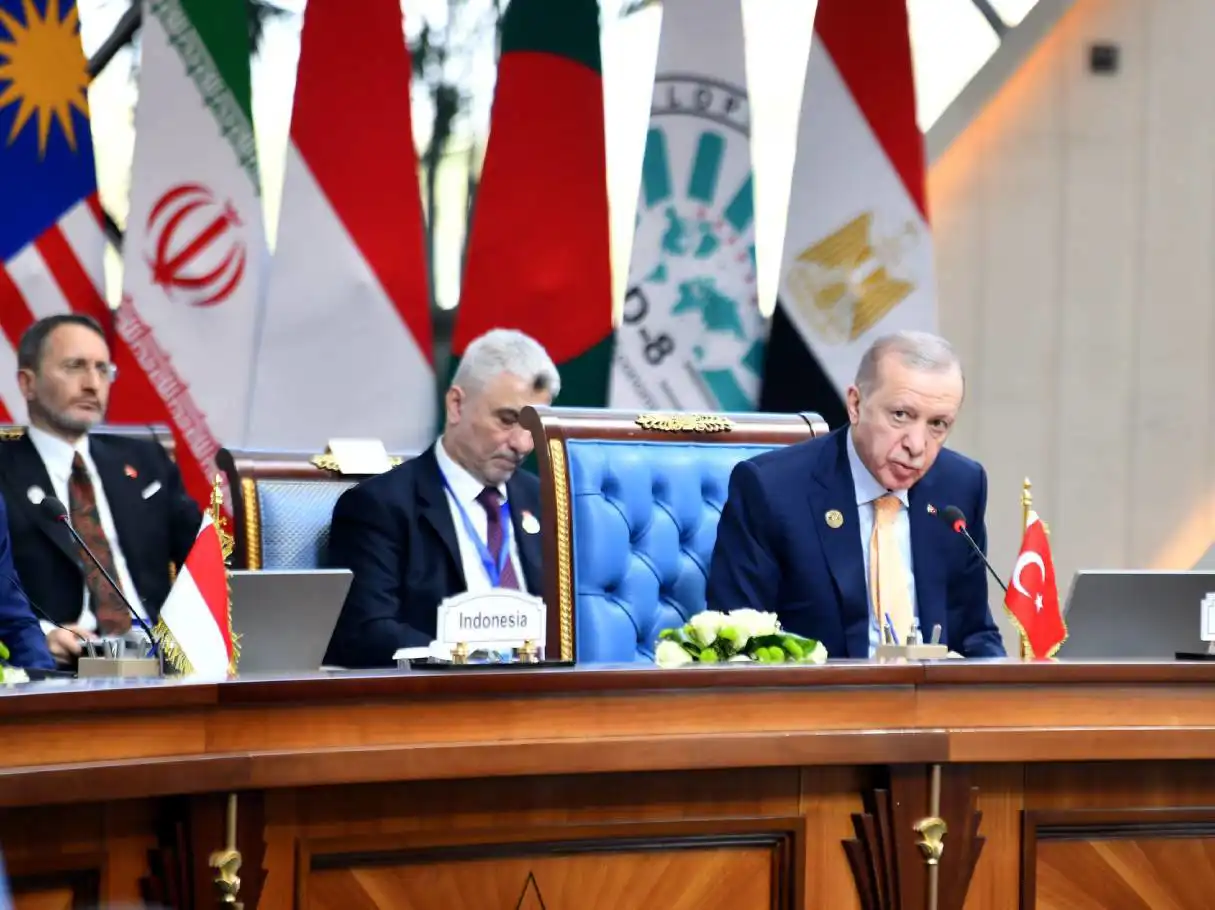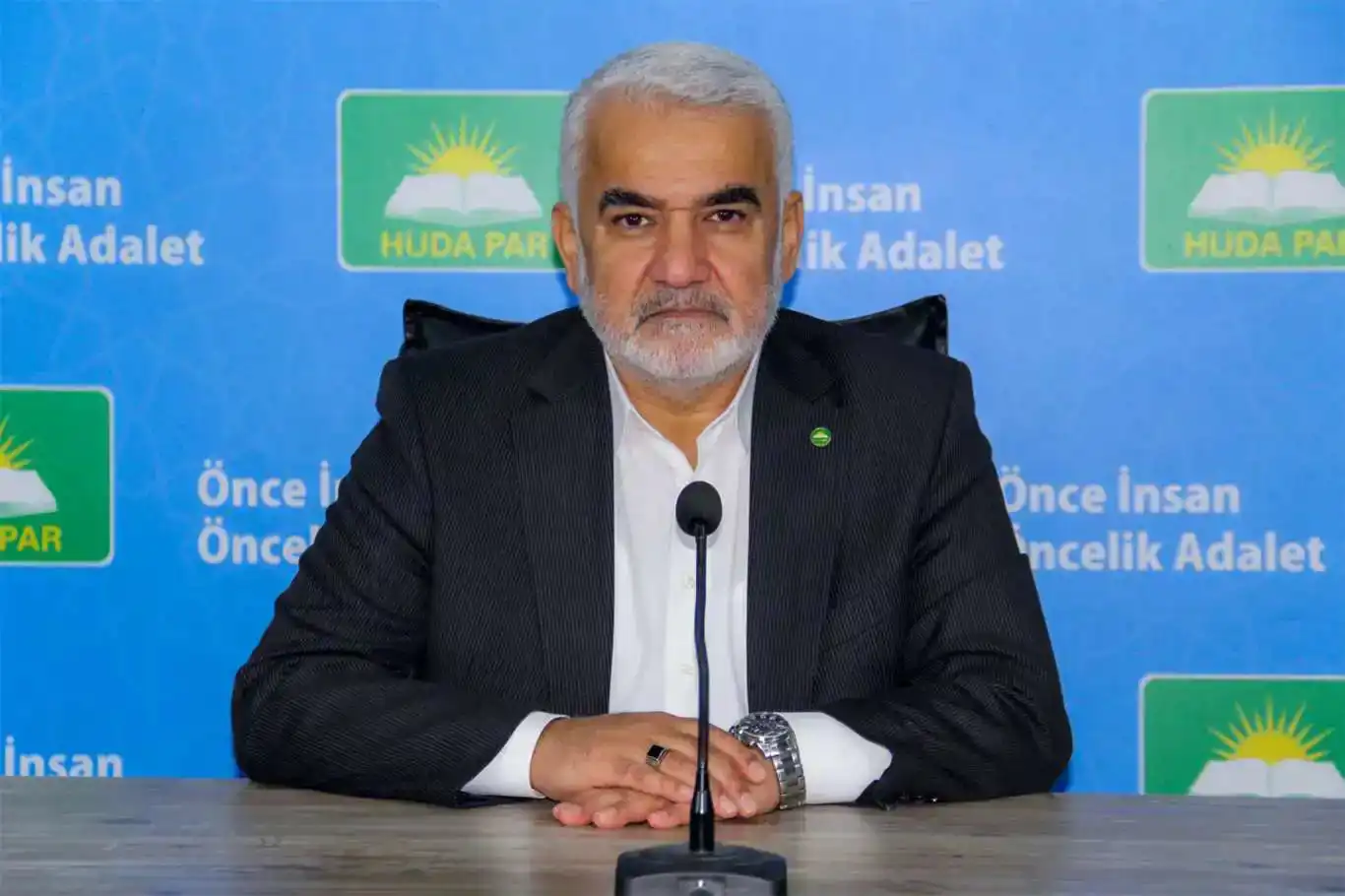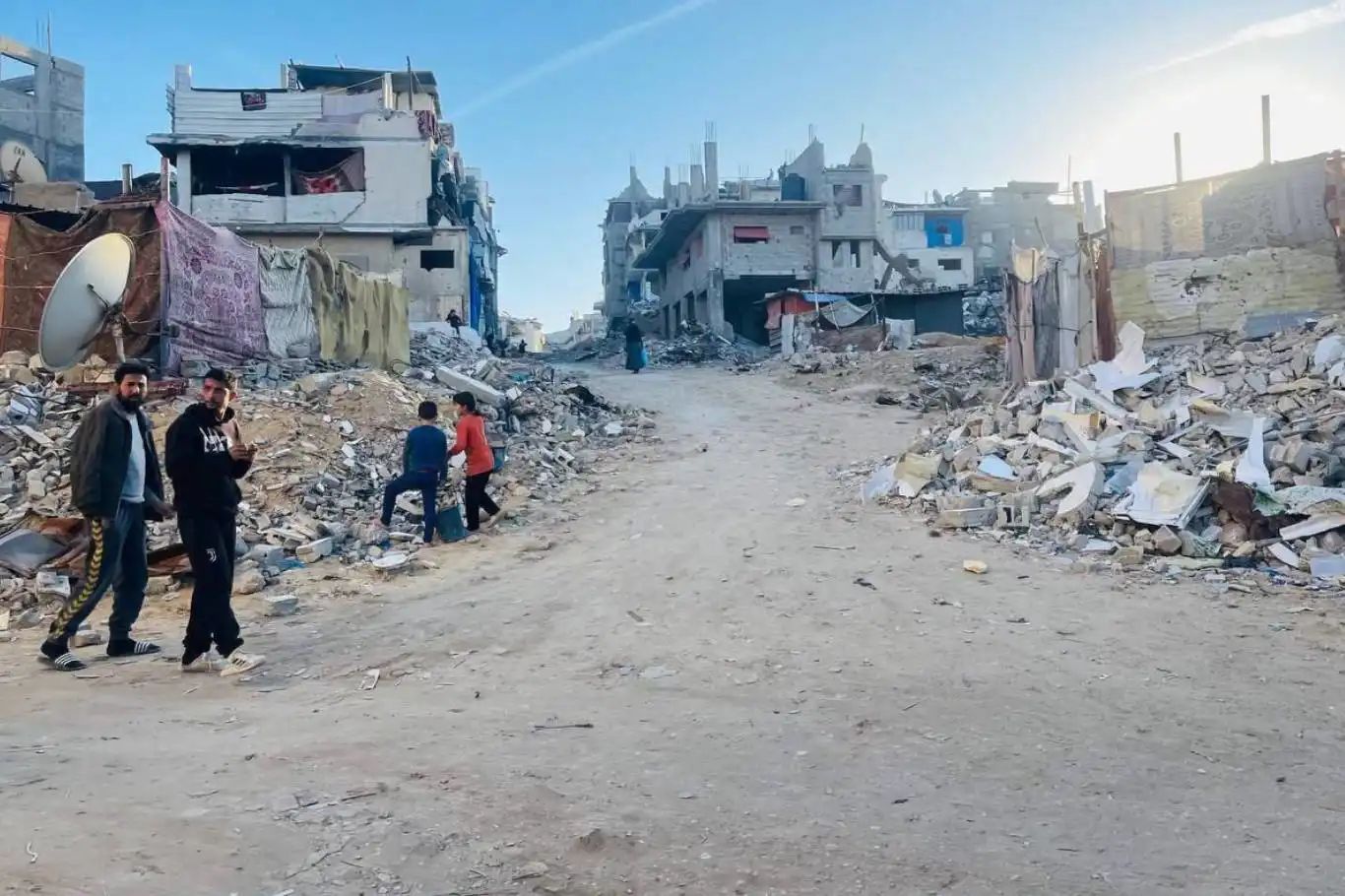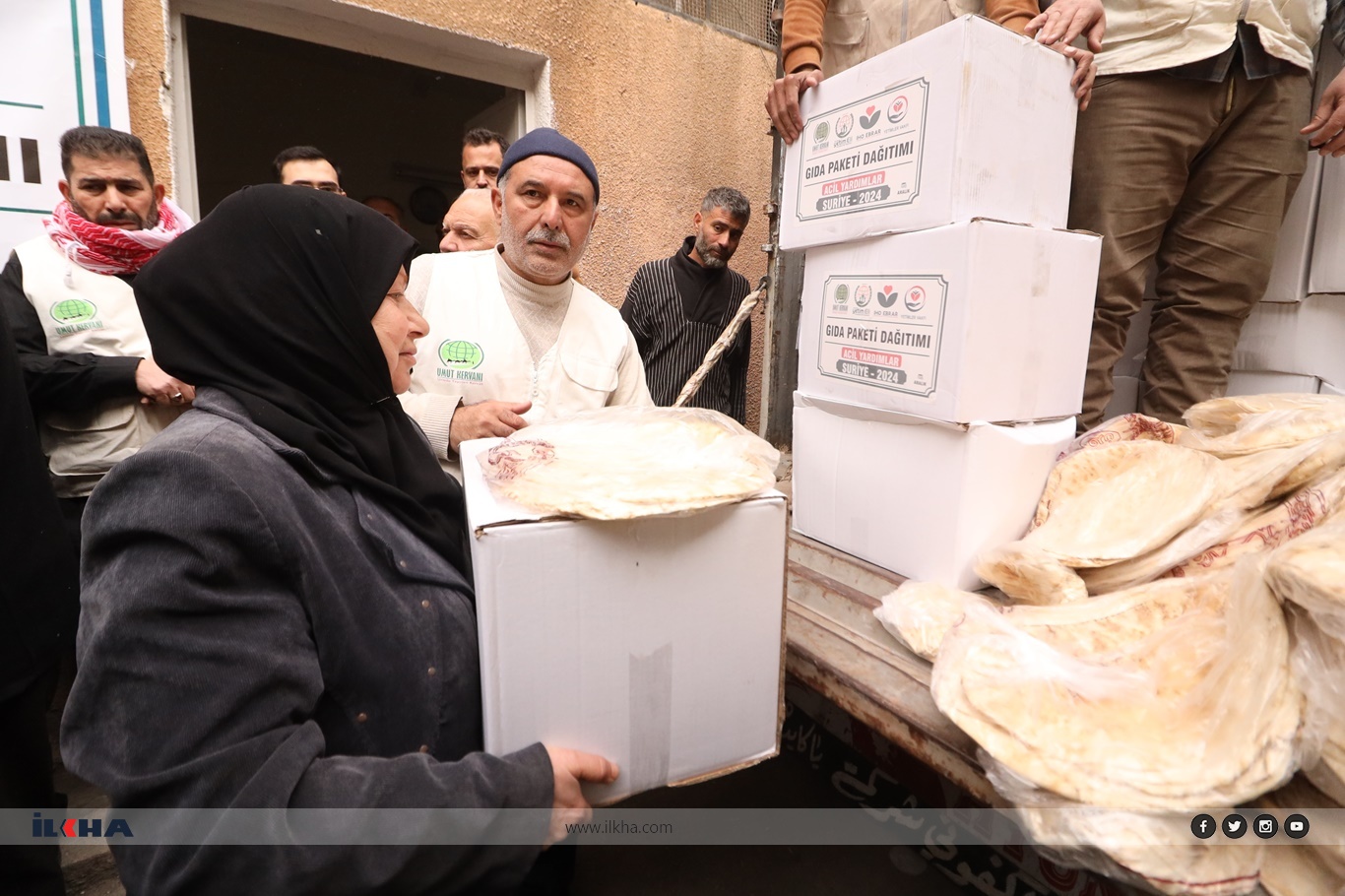HÜDA PAR calls for probe into alleged trade with Israel via ‘Palestine’ channels
In a move spotlighting Türkiye's trade practices amidst the Gaza crisis, HÜDA PAR Deputy Chairman and Gaziantep MP Şahzade Demir has called for a comprehensive investigation into alleged indirect trade with Israel, reportedly masked as transactions with Palestine.
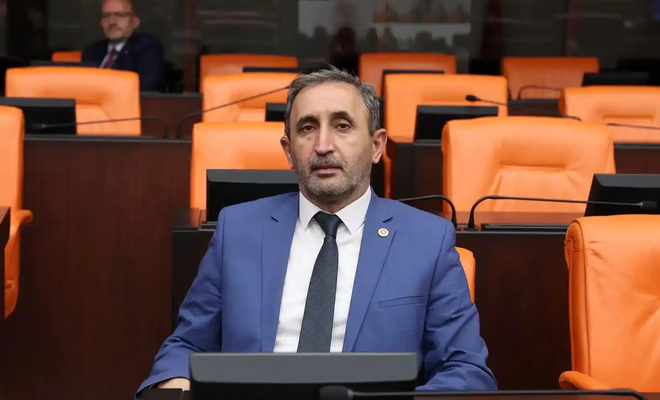
 Google News'te Doğruhaber'e abone olun.
Google News'te Doğruhaber'e abone olun. In a parliamentary question submitted to Trade Minister Ömer Bolat, Demir pressed the Turkish government to address suspicions that trade restrictions with Israel, instituted earlier this year, are being bypassed.
The inquiry reflects increasing scrutiny over Türkiye’s economic relations with Israel, particularly as reports of escalating violence and accusations of genocide in Gaza have intensified. Demir criticized Israel’s recent actions, describing them as “one of the most horrifying massacres of the century” and a “genocide in front of the eyes of all humanity.” He stressed that Türkiye’s economic embargo on Israel should be strictly enforced, with no loopholes that could undermine its intent to support Palestinian civilians and prevent further violence.
On April 9, 2024, Türkiye’s Ministry of Commerce imposed trade restrictions on 54 Israeli product groups, responding to the ongoing violence in Gaza. These measures were intended to pressure Israel into halting its operations in Gaza and allowing unimpeded humanitarian aid. By May 2, 2024, the embargo was extended to cover all goods, effectively halting direct trade with Israel.
However, recent data from the Turkish Exporters Assembly (TIM) and the Turkish Statistical Institute (TÜIK) have raised questions about the embargo’s enforcement. TIM’s “Sectoral Exports by Consolidated Countries” report from July 2024 showed unexpected increases in exports of specific materials—such as cement, ceramics, steel, and metals—to Palestine.
Demir noted a discrepancy: while TIM data showed a 100% drop in exports to Israel for items like cement and ceramics compared to 2023, the same report highlighted a striking 453,000% surge in similar exports to Palestine. Likewise, steel and iron exports to Palestine showed increases of 51,000% and 13,000%, respectively, with TÜIK data reflecting a significant rise in exports, particularly of steel and barbed wire.
Beyond the statistical anomalies, Demir expressed concern about the Israeli ZIM shipping company, known for its affiliations with Israeli defense and government sectors. Despite the trade ban, ZIM vessels reportedly continue to dock at Turkish ports, with activists recently observing a ZIM ship unloading at the Ambarlı port. “There is a strong belief that trade with Israel is being conducted under the pretense of transactions with Palestine, a claim that has been circulating widely in the press,” Demir asserted.
To address these concerns, Demir posed several questions to the Ministry of Trade:
1. Has the ministry investigated the sharp increase in exports to Palestine following the trade ban with Israel?
2. What measures, if any, are being taken to prevent Palestine from being used as a channel for prohibited trade with Israel?
3. Have any investigations or reviews been initiated regarding the routine docking of ZIM-affiliated vessels in Turkish ports?
4. Given ZIM’s alleged ties with Israel’s defense and government sectors, has the ministry imposed any restrictions on the company’s entry and activities in Turkish ports?
This parliamentary inquiry reflects a growing concern among some Turkish lawmakers and activists regarding the transparency and effectiveness of the trade embargo. Demir’s emphasis on stricter enforcement of the ban aligns with HÜDA PAR’s commitment to Türkiye’s stance on Palestinian support and solidarity. In recent months, pro-Palestinian advocates in Türkiye have increasingly urged the government to reevaluate its trade practices with Israel, especially in light of these alleged indirect trade methods.
As Türkiye navigates this complex diplomatic and economic landscape, it will need to balance its humanitarian commitments with the practical challenges of trade enforcement. Demir’s call for accountability aims to ensure that Türkiye’s foreign policy objectives are consistently upheld, particularly with respect to the Palestinian cause.
In the coming weeks, Minister Ömer Bolat is expected to respond to Demir’s questions, which could potentially open further debate over Türkiye’s trade policies and its stance toward Israel amidst the ongoing regional crisis. (ILKHA)




























